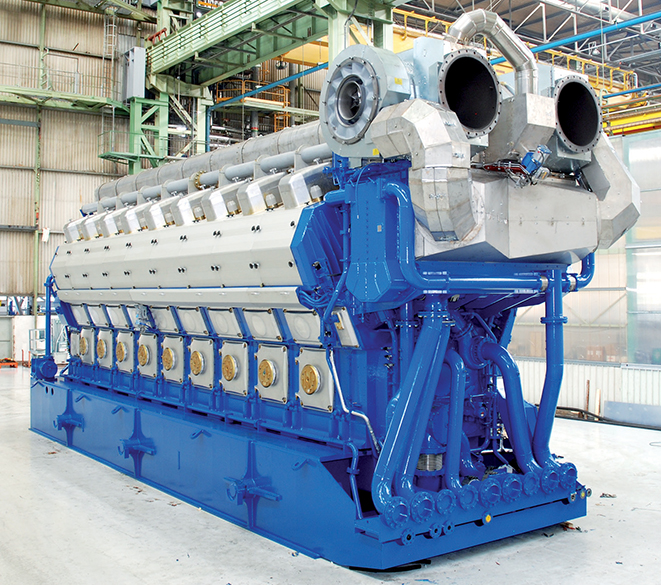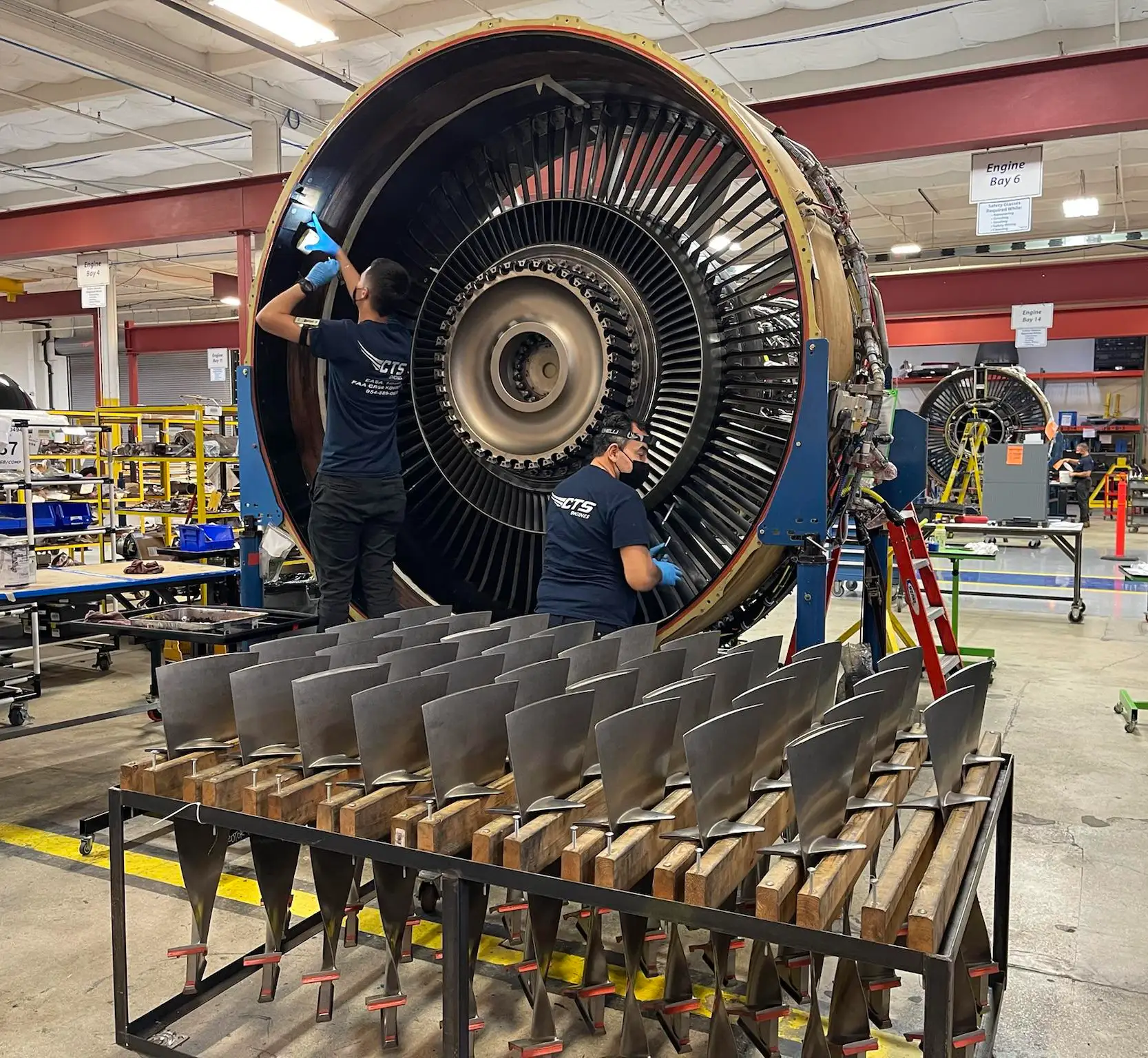Check Out a Wide Array of Engines for every single Car and Purpose
The automotive landscape is significantly complicated, with a diverse array of engine types developed to meet specific efficiency and efficiency requirements throughout different vehicle classifications. Furthermore, heavy-duty engines offer the requirements of job automobiles, while green options are acquiring grip in the pursuit of lasting transportation.
Sorts Of Automotive Engines
Automotive engines can be categorized into a number of distinctive types, each made to meet specific performance and efficiency needs. The most usual categories consist of interior burning engines, electric engines, and hybrid systems.

Electric engines, on the various other hand, operate electrical power stored in batteries, providing immediate torque and zero exhausts. These engines are ending up being progressively popular as a result of improvements in battery technology and the growing emphasis on sustainability.
Crossbreed systems combine both interior burning and electrical engines, making it possible for cars to enhance fuel effectiveness and decrease exhausts by seamlessly switching over between power resources. Each engine kind presents its advantages and downsides, affecting factors such as vehicle design, intended use, and market demand. Recognizing these distinctions is crucial for makers and consumers alike when selecting the proper engine for their details requirements.
Performance Engines for Sports Cars
Performance engines for cars are specifically engineered to provide improved rate, power, and dexterity, setting them in addition to common automotive engines. These engines frequently utilize sophisticated innovations such as turbocharging, supercharging, and variable valve timing to maximize effectiveness and responsiveness.
Commonly, performance engines are created with greater compression proportions, which enable for greater energy removal from gas. This leads to remarkable horsepower and torque numbers, making it possible for fast velocity and higher leading speeds. Additionally, the lightweight products utilized in these engines, such as light weight aluminum and carbon fiber, add to decreased overall vehicle weight, boosting handling and ability to move.
Engine configurations like V6, V8, and even hybrid systems prevail in performance cars, each offering special benefits in regards to power shipment and driving characteristics. The adjusting of these engines is additionally vital; numerous manufacturers optimize the engine management systems to give an electrifying driving experience, often consisting of sport settings that adjust throttle feedback and equipment changes.
Reliable Engines for Daily Commuters
In the realm of everyday commuting, reliable engines play an important duty in enhancing fuel economic climate and decreasing discharges while giving dependable efficiency. As urban populaces expand and ecological issues intensify, the need for lorries geared up with reliable powertrains has actually risen.
Modern engines designed for everyday travelers typically include technologies such as turbocharging, straight gas injection, and hybrid systems. Turbocharging boosts engine efficiency forcibly even more air right into the combustion chamber, permitting smaller sized, lighter engines that do not compromise power output. Straight gas shot improves fuel atomization, causing better combustion and enhanced effectiveness.
Hybrid engines, combining inner combustion with electrical power, further boost gas economic climate, specifically in stop-and-go traffic, where conventional engines can deal with inefficiencies. Electric electric motors help throughout velocity and can operate independently at low speeds, minimizing overall gas usage.
Moreover, developments in engine administration systems and light-weight materials contribute significantly to reliable engine layout. By concentrating on efficiency, sturdiness, and ecological sustainability, suppliers remain to provide engines that not only satisfy the demands of everyday commuting yet additionally line up with international efforts to decrease more tips here carbon footprints.
Heavy-Duty Engines for Work Automobiles
Heavy-duty engines for job automobiles are regularly crafted to supply exceptional torque and integrity under requiring problems. These engines are created to do in environments where traditional engines might fail, such as building and construction sites, logging operations, and farming settings. The main focus of sturdy engines is their capability to create high levels of power while preserving durability over expanded periods of procedure.
Generally, heavy-duty engines make use of sophisticated materials and robust building and construction methods to withstand the roughness of heavy workloads. Attributes such as strengthened cyndrical tube blocks, boosted air conditioning systems, and advanced gas injection modern technologies add to their performance. These engines frequently run at reduced RPMs, which aids to maximize fuel effectiveness while providing the essential power for towing and carrying.
In addition to mechanical effectiveness, durable engines are usually furnished with innovative digital control units (ECUs) that manage efficiency, discharges, and diagnostics. This assimilation allows for far better monitoring and upkeep, guaranteeing that work automobiles remain efficient and functional.
Inevitably, durable engines are an important element in the performance of different sectors, providing the required power and dependability to take on the toughest of jobs.
Eco-Friendly Engine Options
The expanding focus on sustainability has actually resulted in the development of eco-friendly engine alternatives that focus on minimized emissions and improved fuel efficiency. These engines are developed to lessen the environmental impact of vehicles while still delivering the performance and dependability anticipated by consumers.
Amongst one of the most significant eco-friendly choices are electric and hybrid engines. Hybrid engines integrate conventional internal combustion engines with electric propulsion, permitting reduced fuel consumption and lower greenhouse gas emissions. see this page Electric engines, on the other hand, operate totally on battery power, generating absolutely no tailpipe emissions and adding to cleaner air top quality.
One more appealing development is the advancement of biofuel engines, which make use of renewable energies, such as plant materials, to power automobiles (Engines For Africa). By utilizing biofuels, these engines can reduce reliance on nonrenewable fuel sources and lower general carbon footprints

As the automotive industry evolves, environmentally friendly engine options will certainly play an essential duty in driving the transition towards even more sustainable transportation remedies.
Final Thought
The automotive sector uses a varied array of engines developed to meet various lorry requirements and objectives. From high-performance engines that enhance cars abilities to reliable designs prioritizing gas economic climate for day-to-day commuters, each kind serves a details function. Sturdy engines deal with durable job automobiles, while green options, such as electrical and biofuel engines, advertise lasting transportation. This comprehensive variety makes certain that all driving requirements are resolved, contributing to improvements in auto innovation and environmental stewardship.
